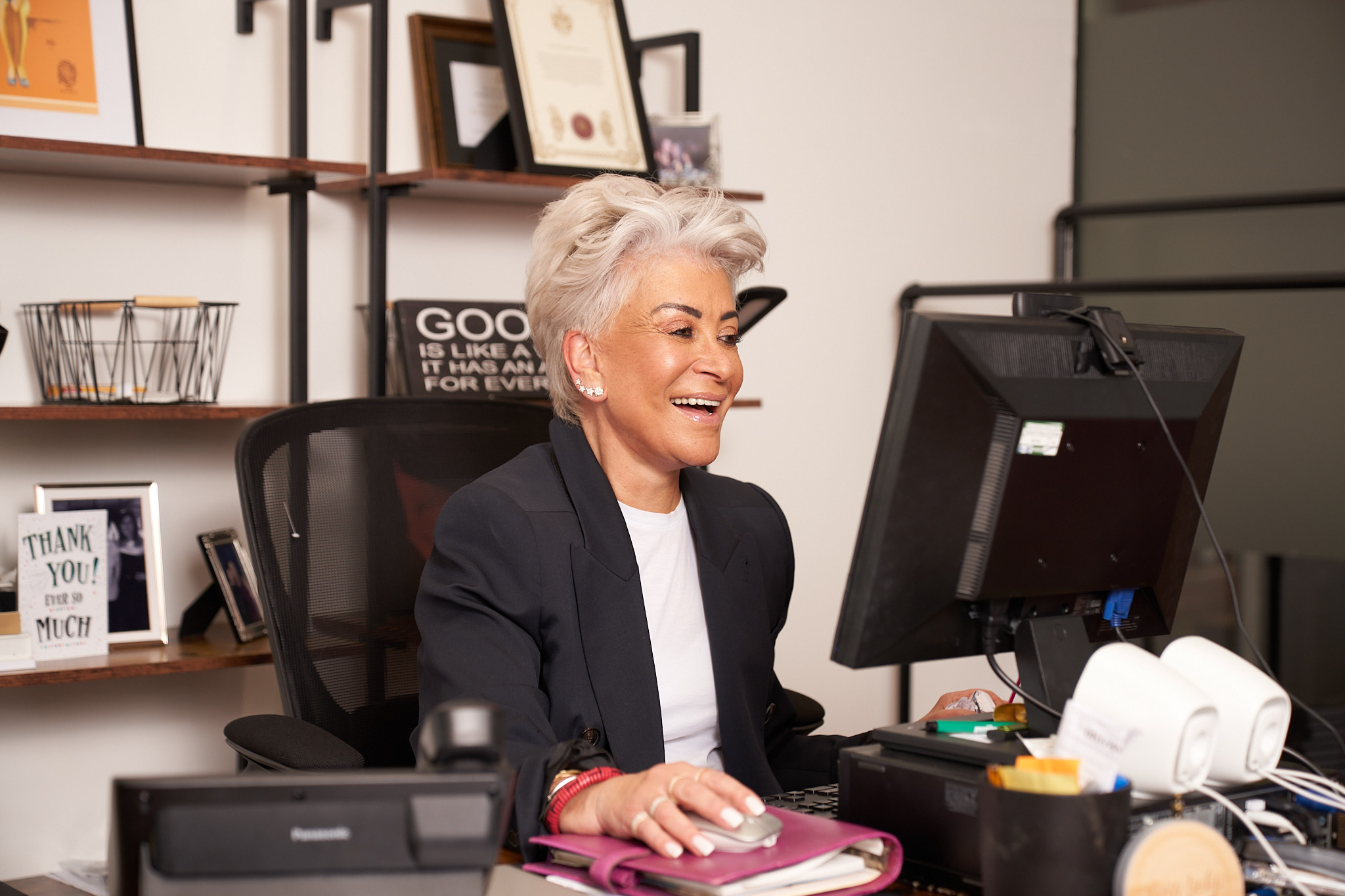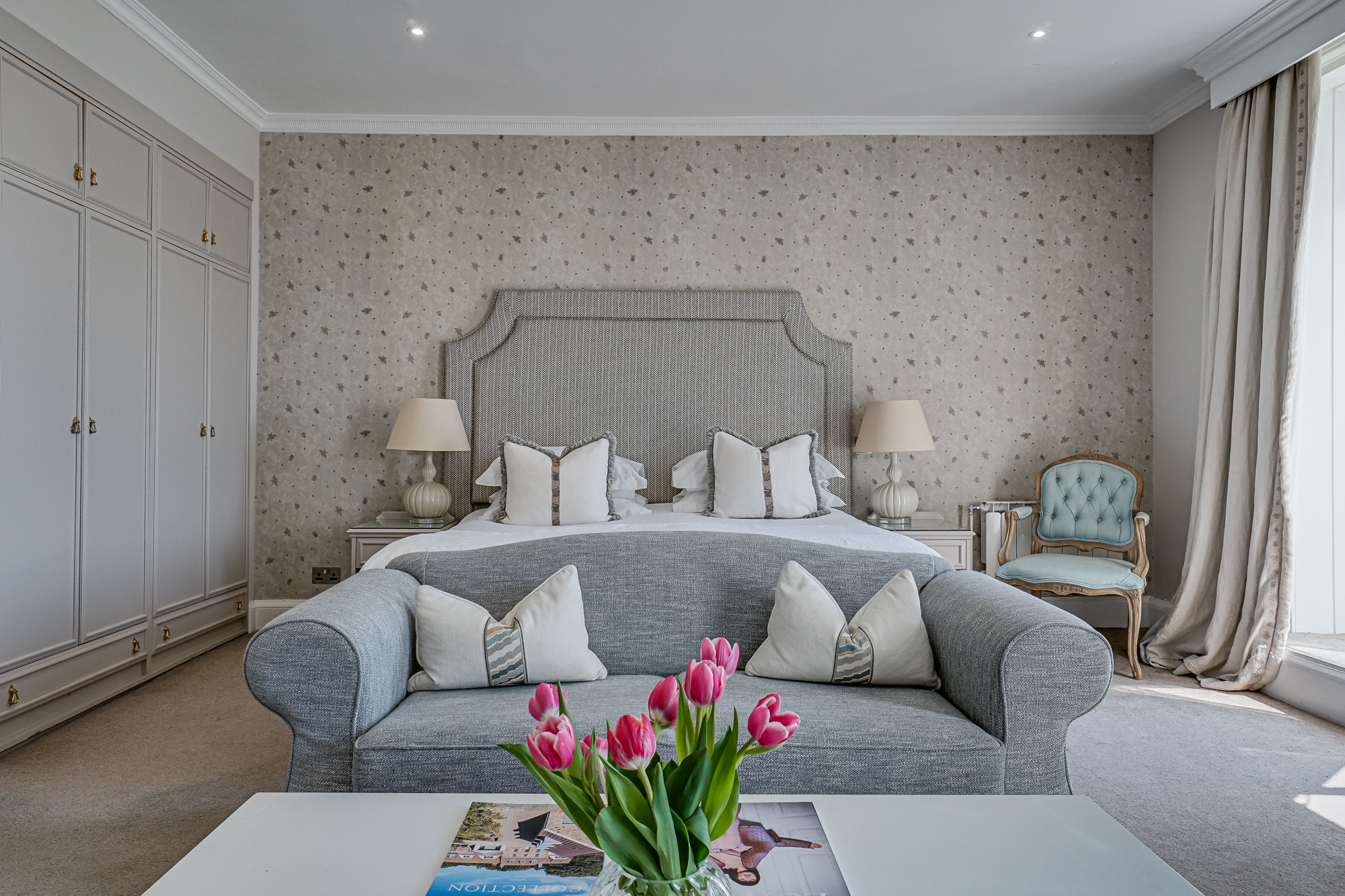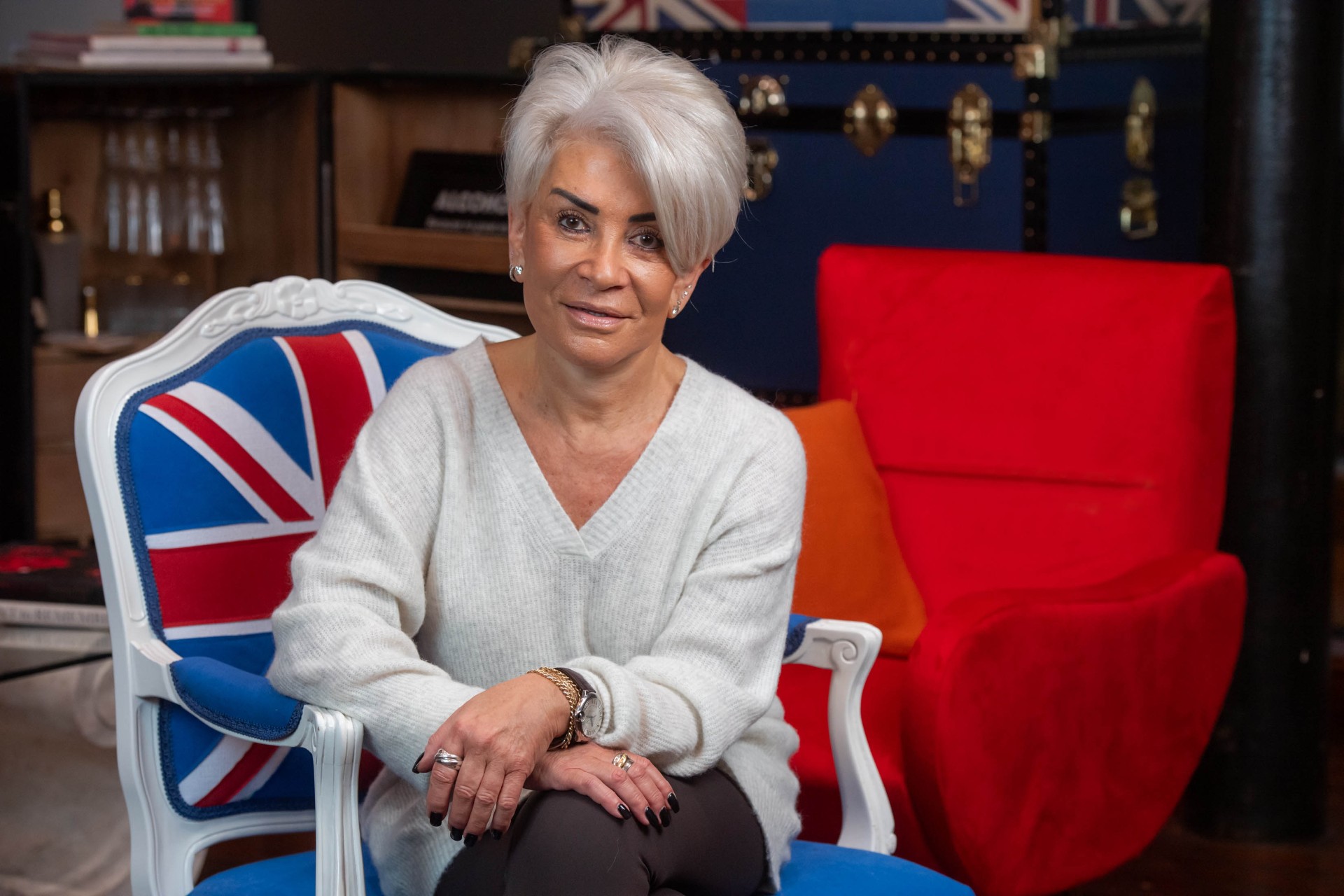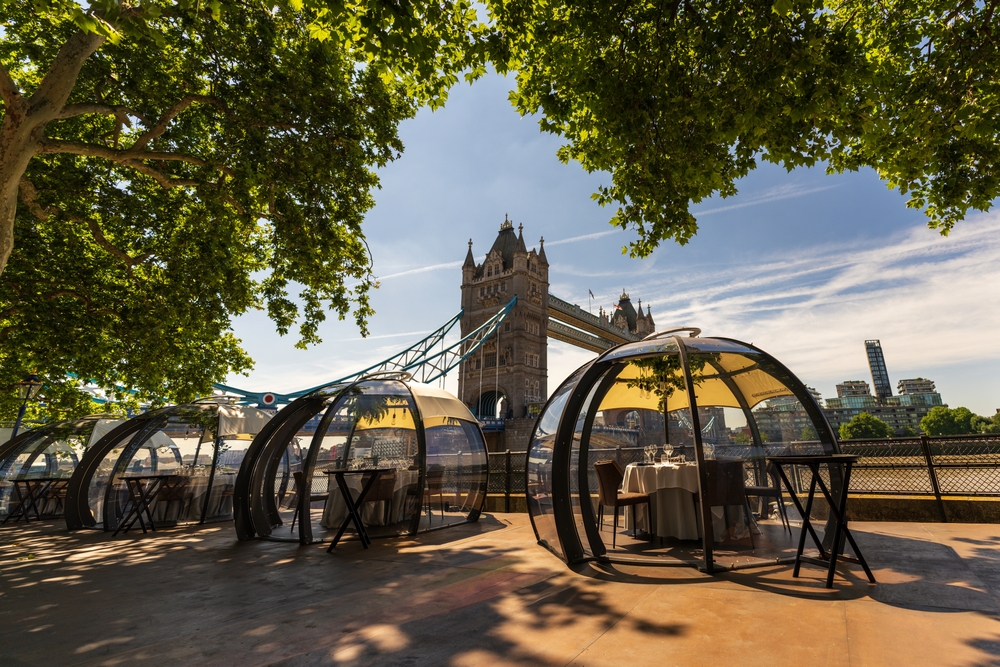It’s easy to think that entrepreneurs are born with an innate self-belief that others don’t have. Maybe that’s true for some, but I can tell you certainly not for all. I can also tell you that it’s not something that just naturally comes with age and experience. Rather, like everything else you become good at, believing in yourself takes practice. But it’s essential to building a successful business. I’m a huge believer in energy and if you have a genuine self-belief others will pick up on it and believe in you too – from your team to your clients to potential investors. Here are 5 self-belief rules, I live by…
Find your strengths and damn well play to them
I didn’t grow up believing in my abilities. I’m from a privileged but complicated background and if I ever went home with an A grade, I’d be asked why it wasn’t an A+. I didn’t derive any confidence from my academic abilities (or lack thereof). Then at 14 I got a Saturday job in a local boutique – and I discovered I’m a great saleswoman. I realised I could talk to people – of any age – in a way that I was listened to. Suddenly I mattered, suddenly I had something to feel good about. When my parents separated just before my A-Levels, my enthusiasm for my education dwindled entirely and I might as well of not sat my A-Levels. Instead of waiting to be told I wouldn’t get into university, I applied immediately to the Marks & Spencer management training scheme. I impressed them so much at interview with my passion and communication skills that when my lacklustre A-Level results came through, they didn’t care. And it taught me something early on that I really believe is key – instead of struggling with something you think you should be or need to be good at, put your energies into your natural talents and inclinations and build from there. It doesn’t matter how limited or specific they are. Nobody is fantastic at everything. Our bespoke skill set makes us unique – and uniqueness is a valuable commodity.
Accept failure as a learning opportunity
Believing in yourself involves taking risks. And every risk comes with the potential of failure. So you have to stop seeing it as something you must avoid and reframe it as an inevitable part of the journey to success. Our self-belief is built on our experience. And you won’t gain valuable experience if you don’t allow yourself to be vulnerable to failure. When I started my events business I had two young children and £200 in the bank. I knew I had to take a risk and my children were my motivation to make it work. I have made mistakes along the way – so what? It’s only when you dwell on something and allow it to stifle your progress that it becomes a problem. Approach everything in your career – good, bad and boring – with the question, ‘WHAT can I learn from this?’. There is ALWAYS something to learn.
Build your believers network
You can’t singularly believe in yourself. You have to surround yourself with believers. This doesn’t mean finding sycophants who’ll tell you what you want to hear. But it does mean finding people who see the good in you and value your skills. This way you know the feedback they give you will be honest, kind and delivered with good intention. If you can afford it, do consider seeing a therapist or career coach. It can be totally transformative to get feedback from a professional who can help you realise your own strengths and values. It was therapy that finally taught me to stop apologising for who I am – an affliction that had affected me for much of my career. (I know! Can you even believe it?!)
Challenge the negative talk
A few years ago I starred in an award-winning Channel 4 documentary called The Millionaire Party Planner. I was horrified when I first watched it. I thought I came across more Cheshire WAG than successful businesswoman. A few other people thought the same, but then others loved it. Of course, which do you hear the loudest?! It was only when I took a step back and evaluated the evidence that I could tell myself, ‘You are a successful business woman who’s built a small empire out of an industry that didn’t exist 30 years ago, you got your own programme on Channel 4 AND you won an award for it.’ Those are the facts, and there’s nothing negative about it. The best way to challenge your negative talk is depersonalise the situation. You’d very rarely tell friends or even strangers the horrible stuff you tell yourself. Be honest, but kind.
Learn to Listen
You can’t grow if you refuse to listen to feedback. Whether you’re 20 or 80 you’re never too young (or old!) to learn. You don’t always have take advice on board but you do need to embrace people who are willing to challenge you. Believe me, it took a loooooong time for me to realise this. I understand how difficult it can be, but trying to prove how good you are at everything is born out of the opposite of self-belief. True confidence is about valuing your strengths and valuing the people who help plug the gaps.





